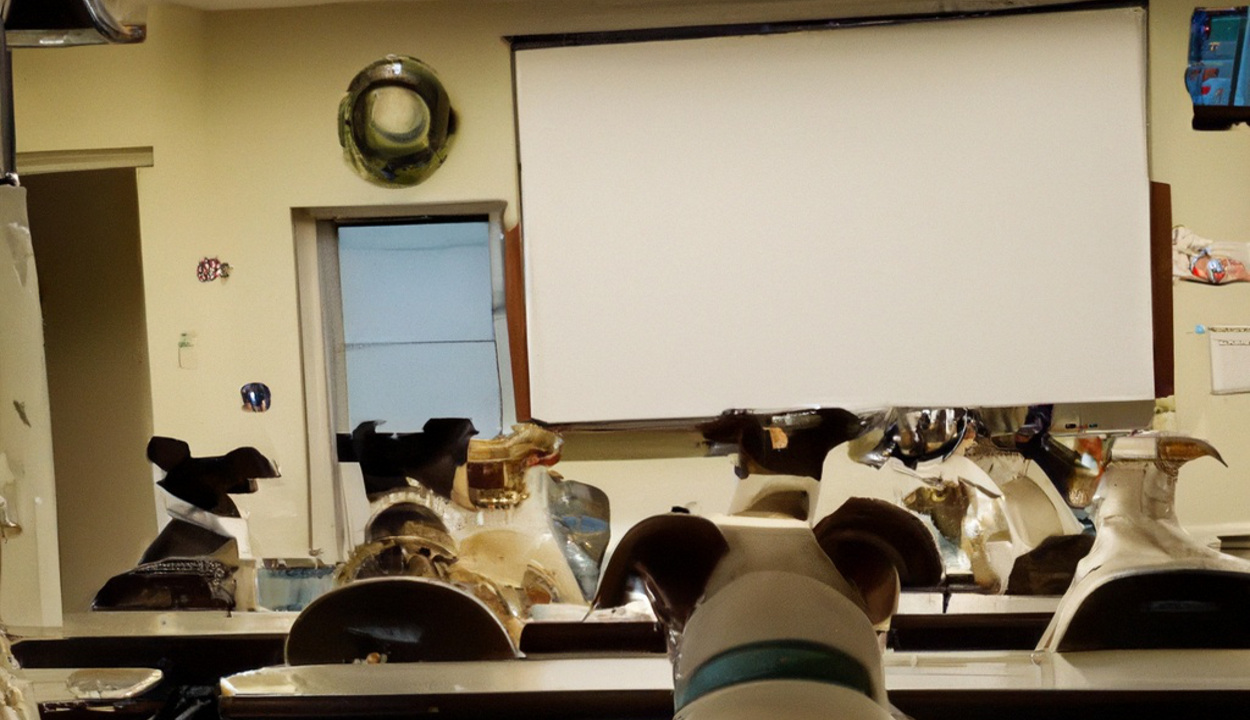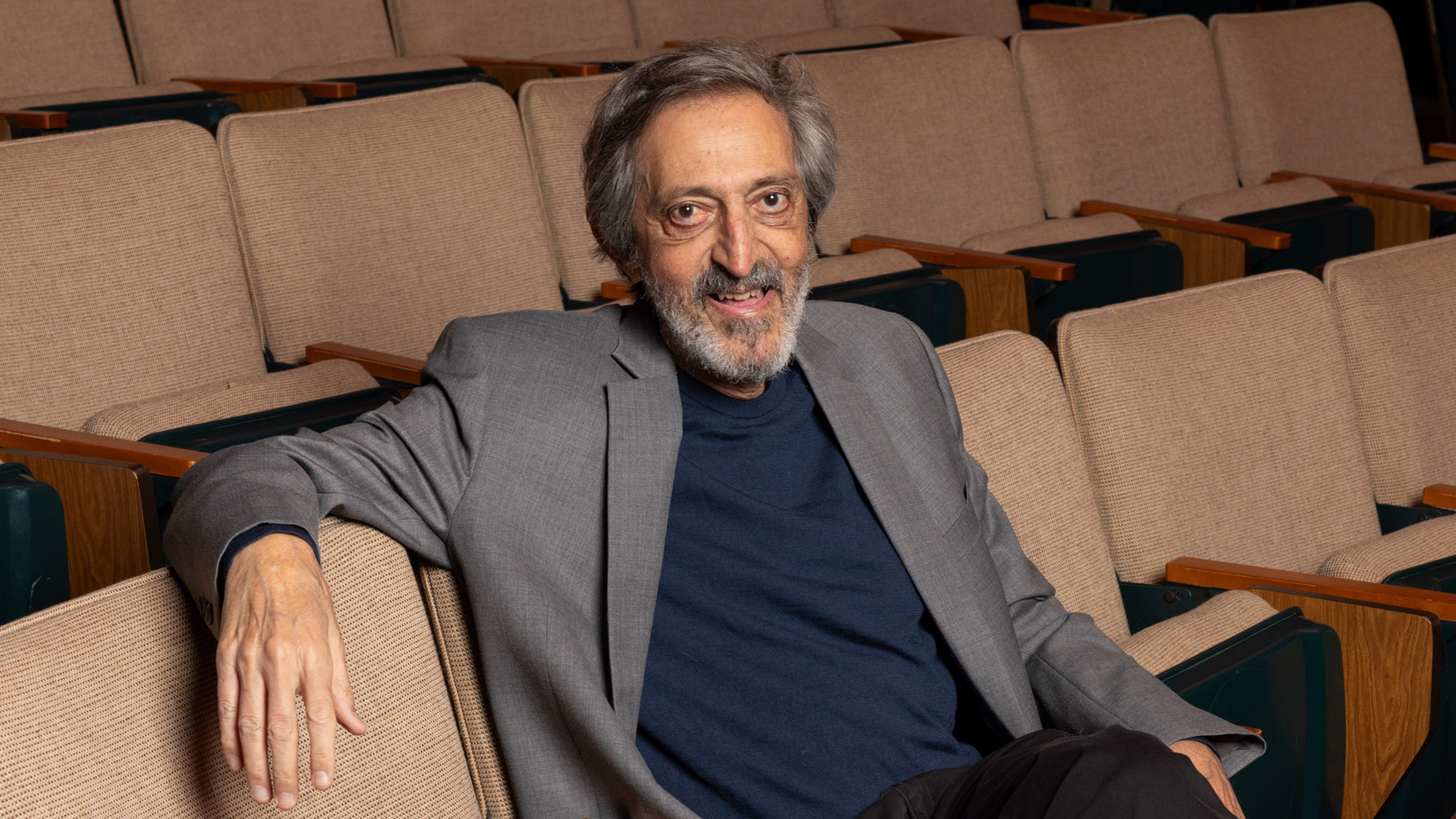Space Exploration Blasts Off with AI
News
Autistic Teen/Elite Cybercriminal Sentenced to Life in a Secure Hospital
A U.K. judge sentenced an eighteen-year-old to life in a secure hospital until doctors determine he is no longer a cyber threat.
How Today’s Recommender Systems Use Machine Learning to Cater to Your Every Whim
Today’s recommender systems, driven by sophisticated models, are able to increasingly personalize your online experience.
Anticipating the Year of the AI PC
The neural processing unit, a specialized accelerator, will be a differentiator for AI PCs.
Digital twins and other AI-powered simulations move climate forecasters and government officials closer to the goal of real-time forecasting and earlier warnings of extreme events.
Can Artificial Intelligence be Open Sourced?
National and regional governments worldwide are investing significant amounts to build AI infrastructure and support AI innovation.
Making Conversation a Robot’s Command
Recent advances help close the gap between high-level specifications of robotic behavior, and low-level implementations of robotic platforms.
Many major digital payment systems have known security issues, and present a constant, attractive attack surface for hackers and malicious actors.
The chip industry chases advances in lithography to support the next generation of computing devices.
Machine learning and large generative models are emerging that suggest an ability to predict life events.
LLM Hallucinations: A Bug or A Feature?
Assistive Robotics Takes a Step Forward
Maximizing Power Grid Security
Scientific Applications of Generative AI
Wigderson Named Turing Awardee for Decisive Work on Randomness
Perspectives on AI from Around the Globe
Shape the Future of Computing
ACM encourages its members to take a direct hand in shaping the future of the association. There are more ways than ever to get involved.
Get InvolvedCommunications of the ACM (CACM) is now a fully Open Access publication.
By opening CACM to the world, we hope to increase engagement among the broader computer science community and encourage non-members to discover the rich resources ACM has to offer.
Learn More






















